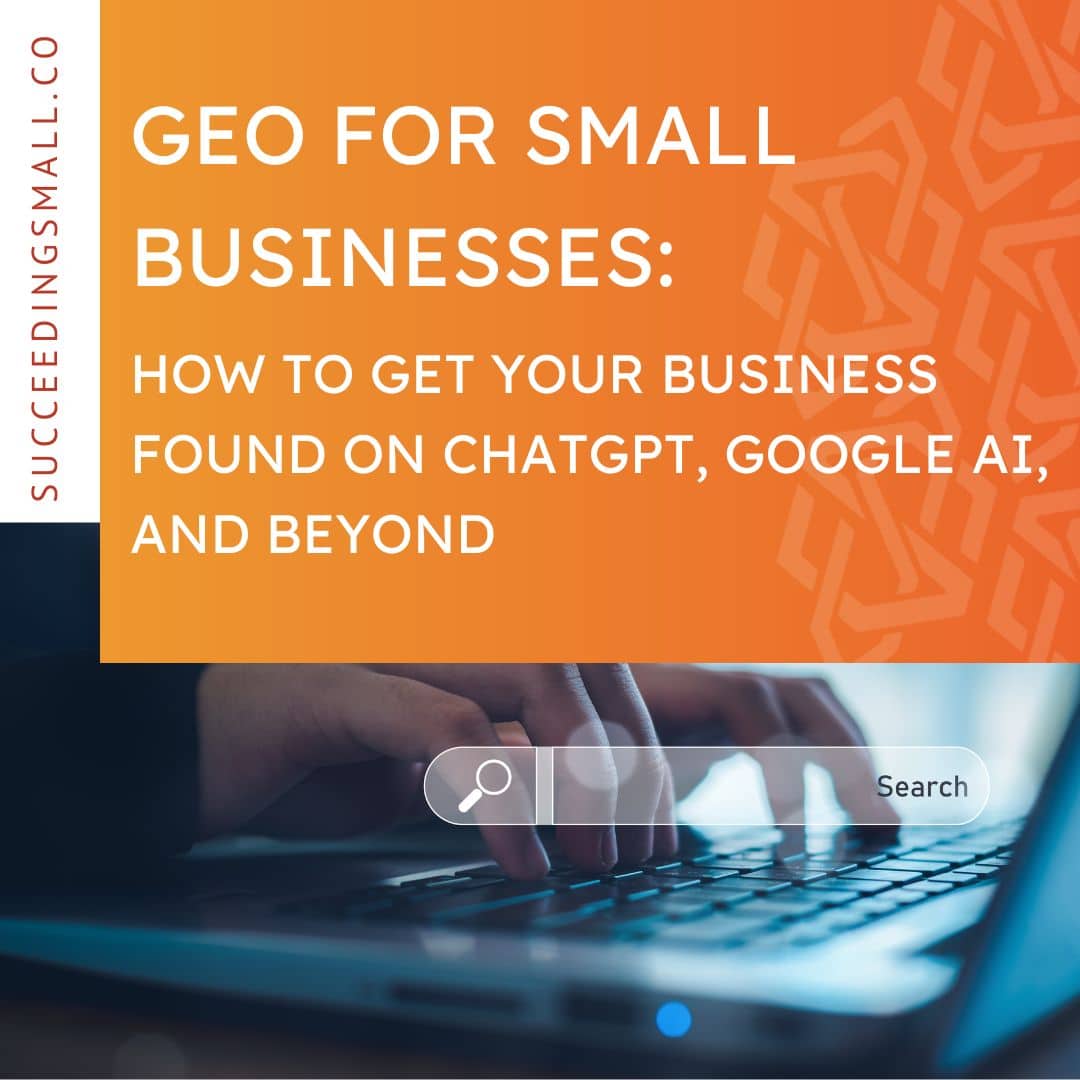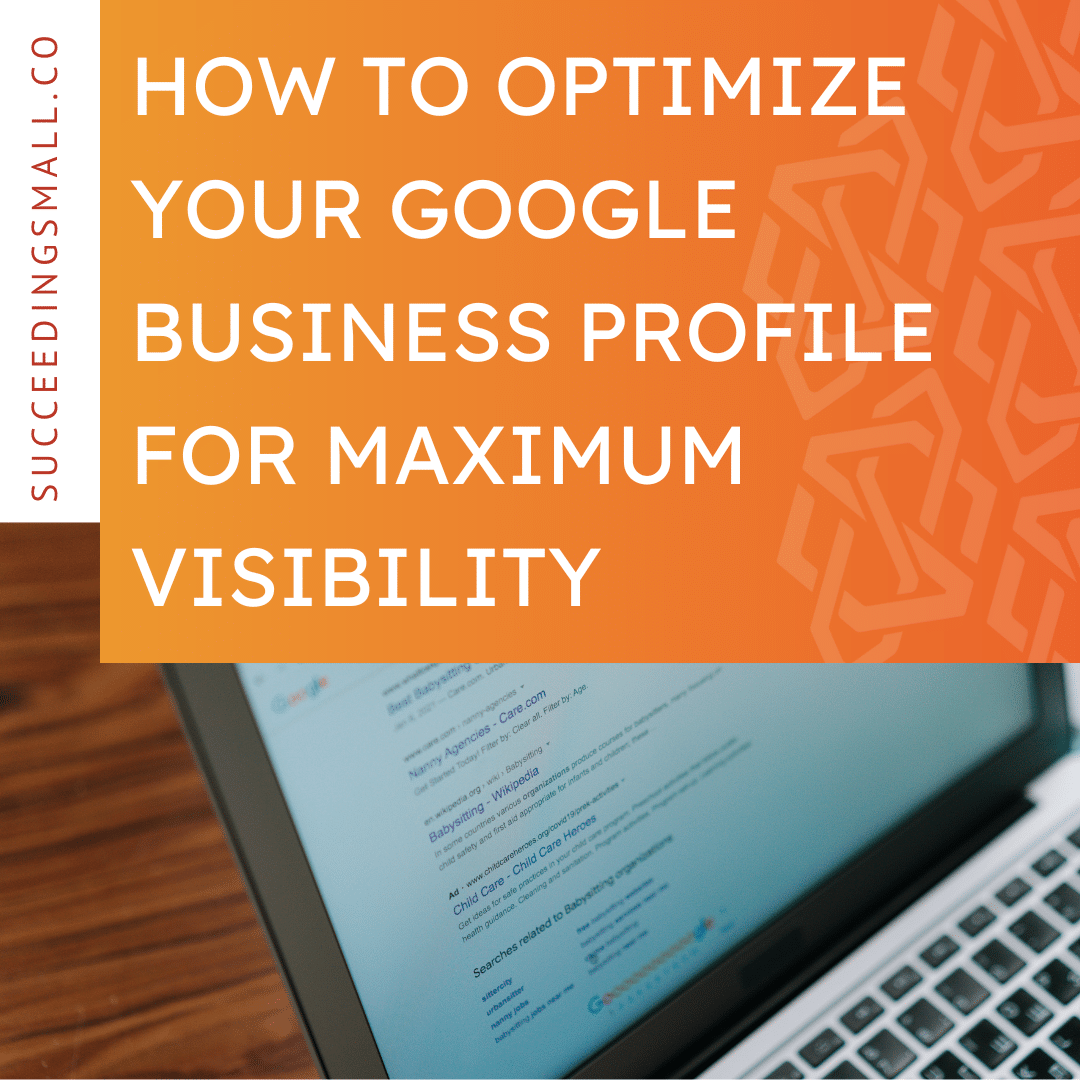Spotify | Apple | Youtube | Stitcher
Have you been considering adding an intern or two to your team but you aren’t sure where to begin? In today’s episode, Madeleine is going to take you through the step-by-step process of how to create an internship program.
She details how she created and launched her extensive 3-month internship program that creates a beautifully symbiotic relationship between her interns and her company. If you have been wanting to create an internship program to pass on your skills or just need some extra hands to help with your day to day – this episode is for you!
Transcription
Speaker 1: (01:30)
I am so excited to talk to you today about a topic I have literally been thinking about for years. Whenever I wanted to start this podcast, I knew that I wanted this to be an episode. So I have been meditating about this for a long time. I was even just telling my operations manager, Madison, that I’m not even gonna prepare notes because I have been wanting to share about this for, for a very long time.
Speaker 1: (01:57)
So what I wanna share with you guys today is how I have built an internship program within my company, where I have about three to five interns every three months or so, come in where I get to teach them digital marketing within my agency and may get to practice on my clients in exchange.
So I wanna talk about really how I built this program and some different options that you can choose on how you can structure an internship program or get an intern of your own to be able to come and work for your company.
There are a lot of ways of doing this, of getting interns in the first place and different resources for you to use, to be able to build a program like this. So let’s dive in first and foremost, there are, are two types of internships. There are unpaid internships and there are paid internships.
Speaker 1: (02:50)
Now you have to be super, super careful as a business offering unpaid internships. This has a bit of a stigma when it comes down to offering unpaid internships. Um, and if you don’t do it properly, then you could get a lot of people just reprimanding you for offering that option. So I don’t want you to be in a position where you are creating negative associations with your company because you’re offering an unpaid internship versus a paid option.
So I’m gonna talk about the differences of each and what I do here at succeeding, small. So first and foremost, a paid internship, you can structure in a lot of different ways. You can offer a stipend for an intern to come in. So you can say, I will give you X amount of dollars each month to perform 10 hours of work a week, that sort of thing.
Speaker 1: (03:43)
Or you can do an hourly rate where you can give them, you know, minimum wage to come in and do work for you, or just different itemized structures like that. Or you can do unpaid internship programs.
So I actually have an unpaid internship program at succeeding, small for digital marketing, and it’s because I structure it where it is very focused on education. So I’ve really created an academic experience where my priority is first and foremost, to teach and educate and help students build their resume, help them be able to gain a new skill. And, I get work done in exchange.
So I have been super, super careful about how I format this to make sure that I give enough value that students feel like they are getting a good experience out of the deal, even if it’s not being compensated in a monetary value.
Speaker 1: (04:39)
So that, that was my negotiation of, you know, do I offer a paid internship program or do I do unpaid? Unpaid is clearly much more profitable for me, right? Because I don’t have to pay for the time going into this, but I still wanna make sure that I’m being ethical really and making sure that people are getting what they put into to this program. I have taken a really different approach where I have very much, like it’s like a college class and I recruit college students.
I have partnered with a local university and can reach out to several others to be able to offer academic credit for this internship as well. That’s another way that I’m able to do unpaid internships by offering something like that in exchange. So now they can get college credit out of spending time with me. So I’ve been able to work with that local college to be able to create an agreement like this, that I’m gonna talk about how you can too.
Speaker 1: (05:39)
What kind of people to reach out to how you can set up that relationship with universities a little bit later. So first and foremost, that discussion about deciding whether you’re gonna do paid or unpaid and how much you can afford. If you do a paid intern, paid interns are a lot cheaper than hiring and training a traditional employee, but they require a lot more hand holding and training.
Along with that, you have to think about what kind of person you need in your company. And are you willing to do the work to be able to train this person adequately, to do what you need to do, types of interns that you can get, you can recruit college students, which of course is kind of the easiest pool to choose from because a lot of these students are looking for experience in their degrees. So that’s a really good avenue to, to go down.
Speaker 1: (06:32)
A lot of universities nationwide actually require internships as part of their graduation requirements too. So these students are actively looking for ways that they can contribute to the community and get that experience so that they can graduate college. You can also recruit people in the military.
There’s a lot of organizations where they are trying to match veterans with companies and create an experience where they can go and get trained in a new field or get some civilian experience and do something different. So there are a lot of options there. They usually vary state by state. So that’s something to look into as well.
And then of course you can open it up to the community and just post a job announcement on places like your social media accounts and your website and indeed, or LinkedIn or something like that, that you are looking for interns and just open it up to the community.
Speaker 1: (07:26)
You never know who’s going to respond to that or who needs a part-time job or wants to contribute or learn a new skill. Internships are great at finding people who want to get into your field. So this is a really good way where you can really take somebody and mold them into who you want them to be.
So if you’re looking to grow your company, if you’re looking to add more people to your team, interns are a really great start to that because you really get to start from scratch with somebody in terms of their experience and their knowledge. And that’s completely different from the other hiring philosophy where you actually wanna traditionally hire somebody with experience.
Picking and choosing again, making sure that you know what you’re getting into when you hire an intern. So next, I wanna share one of the biggest tips that has been the most helpful for me and really was brought about from a mistake that I made.
Speaker 1: (08:25)
And that is the concept of setting an end date. So you wanna make sure that when you do hire an intern, you should really have a very structured start and end date. When it comes down to what time they will be spending with you, because interns are new to this field. Oftentimes they will find out that they don’t actually like what you’re doing.
They don’t want to do this with the rest of their lives, or you may not care for them that much, you may not actually enjoy their personality or what they can actually do or anything like that. It just may not be the right fit. Sometimes it is. And that’s great, but you wanna make sure that you are protected by having that end date, in place. That way you can say, okay, it’s been a great three months and we can go our separate ways.
Speaker 1: (09:13)
Thank you so much for all, all the time. You’ve dedicated to this company and part ways and call it good. So I would always, always, always structure an internship program in this way. That way you’re never fully committed to one another. And you can structure that time together to really test them out or get the right amount of work that you need from them. And you can set whatever timeframe you want. I have three months because I go by the academic schedule because I offer academic credit. So my internship programs happen in the spring summer and fall semesters of college and run about three months. I also have it start at the beginning of school, beginning of college, whenever that starts up. And then I have it end a little bit before finals. So like two weeks before finals, because the worst thing is having stressed out students.
Speaker 1: (10:07)
And that is never a good experience for anybody. And I’m able to cut that experience off a little bit shorter that way they have time to get back to their studies and are able to pour more energy into this program when they have the time to do so. So that’s one of the biggest learning experiences that I have had is making sure that you have that structured timeline in place. Once you have that timeline in place, how do you actually spend the time with your intern have structured mine like an academic course? Like I said, so I literally have an agenda where I’ve, I’ve built almost a curriculum where week one, we get an introduction to search engine optimization and week two, we go into on page SEO, week three is off page SEO. Week four is web design. Week five is copywriting, week six is social media and so on and so on.
Speaker 1: (11:04)
So every single week I teach them something different. So I actually create a weekly zoom call that I will do with my students. So we’ll hop on and I will teach them for about an hour. And then I will give them some sort of assignment to be, to actually practice on. So this assignment is actually work that I need done for my clients or it’s something that I’ve created to help them practice the skill before I let them work on my clients. Because if I have learned another thing from many mistakes is that interns make mistakes. Interns do things not like how you would do them or they miss things, or they’re not as invested in your company and your clients as you are. So you have to be very, very careful with what you allow interns to do, especially at the beginning when they’re learning.
Speaker 1: (11:59)
I think it’s very important that they get that real hands on experience, but also be prepared to do that hand holding, be prepared to look over their shoulder and check their work and make sure that nothing happens without your approval, because it just, it happens just by the nature of this, of this space and what you’re doing. So after that instruction and kind of practice, I will give them the rest of the week to actually fulfill that. So say we are writing blog posts. I will say, I need blog posts written for these C. Here are the topics. Here are the guidelines of what I’ve just taught you about how to write blog posts, go write me a draft. And then I will be able to review it in a week, give them feedback and then have the final result after that. So that feedback piece is also something really important that you’re gonna wanna be able to take time do and be ready to commit is giving that actual feedback because internships are designed to help somebody learn your space more deeply and to really help you out, right?
Speaker 1: (13:05)
You want, you want to be able to get good quality work back. So if you are able to dedicate some time to give thorough thoughtful feedback, then you’re going to get better work in the long run. And this student will be able to actually learn something and walk away with a better skill that they didn’t have before. So that feedback piece is another time consideration that you wanna factor into hiring interns if you go down that path. So then that schedule just repeats. So because, so I have three months with my students. I usually have the first it’s like the first month and a half or so where we actually have very structured lessons and kind of teachings where I teach them all the things I teach them really the entire umbrella of digital marketing and teach them all of my services that I offer as an, as an agency.
Speaker 1: (13:55)
So we go over all of that. And then the rest of the internship program, I have developed something called tracks where students are able to choose their track, where they can choose a particular subject to dive deeper into. So some students really love web design and some students really love branding and some students really love copywriting, whatever it may be. So I want to give them that experience to choose what they’re most interested in. And then what I do is I gear their assignments towards that specialty and all provide them more education resources surrounding that topic as well. That gives them a more satisfying experience of being able to really focus on what they enjoy and what they wanna learn more about. So that’s something that’s how I fill up that time, how I fill up those three months at the very end, because it is more of an academic experience.
Speaker 1: (14:54)
I have them pick a topic that they are most interested in or that they wanna do research on. And I have them prepare a little presentation and get to teach the rest of the team. So I think that’s really important because one of my philosophies of leading a team and learning a subject matter is that when you teach, you learn an incredible amount just by translating that information and passing it onto somebody else, a lot happens for you because you have to do the research. You have to put it together in an understandable way, and then you have to be able to be pair to get questioned on it in the future. So that’s just a really good way that I bring in the world of academia and am able to kind of wrap up the internship program in a nice, concise way. It’s just a representation of all the hard work that they’ve done so far.
Speaker 1: (15:47)
Something else that I do for my interns is I provide a day. They can go and get digital marketing certifications. So there are a lot of free certifications that you can get in this particular field. So I’ve been able to collect all of them and be able to say, Hey, here are the ones in each subject matter, go, you can go and get certified in whatever you want, whatever interests you. And that’s something that they can go and put on their resume. So I’ve thought about things that I care about as an employer, when I go to hire somebody and what kind of, um, certifications that I would want to see, and then I can coach my students to be able to do the same and really provide them with that same opportunities able to go and get that. So it’s just a, it’s a structured way of resume building for my students.
Speaker 1: (16:38)
So that’s another benefit that I add to really justify that unpaid structure. So that’s something that I can do. That’s another way that I can add value to those students is by providing more of a resume building experience for them. And then I also offer at the very end, they will be able to create a portfolio of all of the work that they’ve done in the past. So they go and collect all of the, the web pages that they’ve designed. They go and collect all of the blog posts that they’ve written. They go and collect all of the graphic design assets that I created. And I have a, um, structured way that they can put that together with my resources that they can just build that, make it all fancy, and then be able to provide that and show that to other employers in the future.
Speaker 1: (17:28)
So again, that resume building experience to be able to provide that extra amount of benefit and those things also make my internship a whole lot more marketable too. So when I’m actually interested in recruiting interns, I can say my internship program teaches you digital marketing, and you walk away with the full portfolio of the work that you’ve done, plus digital marketing certifications that you can use in your resume. So people and students are more inclined to apply for my internship program because they know immediately the benefit that they’re going to get. So that’s something to consider too, is what in your industry can you do for these students because that’ll help you actually get more people in your program. Right. And it’s just, you know, it’s, it’s good for the, the student on the other end as well. So let’s talk about actually recruiting interns.
Speaker 1: (18:21)
How do you find these people, if you want to go the academic route and the college students, I have done a few things. So first of foremost, there is a local university in my area. Like there is a lot of different towns and this particular college has a career center. So I contacted the career center to be able to say, Hey, I have an internship program. I would love to see if I can get interns from your school or potentially offer academic credit. Can you give me more details about what it would take to be able to do that and partner with you as a university? It was super simple for me to get an interview with the career center director and they pretty much just vetted my company. So they checked me out with the better business bureau and did their own due diligence of making sure that I am a legitimate, ethical place of business.
Speaker 1: (19:15)
That way they’re sending their students to somebody they trust and became an official partner where I can now offer academic credit, their, um, where guidelines for me to offer this as a class. So a part of me doing academic credit is I have to with the, the students counselor, and I have to basically give an assessment at the end of the semester of the student, did X, Y, Z. Here’s how they did here are my comments about their performance, that sort of thing. So there are, um, requirements on my end, but it’s nothing too heavy in terms of, of it doesn’t, you know, take a lot of my time or anything like that. So be prepared to have that. Um, I’m not sure what other universities offer in terms of that sort of relationship. Being a part of that university now allows me access to students to be able to post a job on their board and get some, some students interested in applying.
Speaker 1: (20:15)
Now my local university does not pair students with me. They do not say, Hey, here’s a digital marketing internship, go, go have at it, go apply. They don’t do any sort of connecting. I have to be the one to actually make the effort and connect with the school as a whole. So I go to the a school’s career fairs every semester, and I create, like I said, job postings on their job board so that I can actually recruit students. I also, whenever we’re ready to start interviewing and gathering students, we’ll go and make an actual job posting on our website and our social media platforms and share that on community, Facebook groups and things like that to actually get more people applied. So that’s how you do it. The academic way. Of course, there are a lot of other ways, people who advertise for internship programs, or like I mentioned earlier, that you can connect with military and better.
Speaker 1: (21:07)
There are a lot of agencies that will pair interns with you like that as well. So that’s something to keep in mind as well. Otherwise, good old social media is the best way to get interns, finding those local community groups where you can post a formal job posting and get some interest that is going to be a real, a great way because people are always learning to people are always wanting to learn a skill. People are always wanting to get into something new or really explore what you have to offer. And you, if you are able to market your program, well, you can get a lot of people who apply. And I like to, I like to, of course put them through a formal interview. I actually create a test that they have to do. So they have to prove to me that they can follow instructions, that they can design something.
Speaker 1: (21:58)
So I have them get on, on Canva, which is a graphic design platform. That’s free to use. You can sign up for a free account. And I have them create me a little digital template. So this shows me that they are creative, that they can use my software that I use and that they can of course follow those instructions and get back to me in a timely manner. So I actually have a timeframe on when they can get this to me. So it just leads out the people who are not serious and is able to get me the people who are genuinely interested and passionate and want to learn more and are excited for this opportunity. So that’s been something that I have added in is that little interview test, because I was getting a lot of applicants who, who really weren’t interested, or like didn’t want to do the work when it came down to like being in the middle of the program.
Speaker 1: (22:52)
And it was, it was too intense for what they wanted out of it. If that makes sense. I think the final thing that I want to leave you with is just the kind of time commitment that you should be expecting out of this internship program. So I mentioned a lot of things throughout this, but I want to summer them all for you here. So be prepared to recruit, to actually find your interns, be prepared to do a lot of teaching and a lot of handhold be prepared to give thorough feedback where you can actually help them on their journey, create a better experience for them and produce better work for you. You, and then of course, be prepared to give some sort of like final evaluation or sign off, or if you’re working with a university or another partner that you accommodate any of their requirements as well for offering that internship program.
Speaker 1: (23:46)
So interns are a fantastic way to get people in your door. People are, um, always interested in learning. So being able to mold somebody into who into your ideal employee is fantastic. That’s a really good option versus hiring somebody with experience, which has its own merits as well. So that’s something to keep in mind, if you can structure an internship program that is able to give a little bit, and then you get a whole lot that has been the most successful way for me, where I’m able to teach and pour into these students. And they are able to take on a of work for me and be able to do a lot of the smaller, less important tasks, but still super, super helpful to get that work done. That benefits my company in the long run as well. So I am able to really give back in this way, this internship is my way of giving back to the student community because I got an internship program when I was in college.
Speaker 1: (24:50)
And that’s where I first learned SEO. And it completely changed my life. That internship was able to give me the direction that I wanted to go in. It was the answer to everything that I had been looking for. So I am eternally grateful for my internship that I received. And if I can do the same for somebody else, if I can give somebody that same passion in life or help them along their journey, then that’s a win for me. So this internship program for me, my digital program, it’s a lot of work. It’s a lot of time and investment on my end, but I get a of satisfaction from that as well. So I would love to hear other ways of structuring internship programs. I would love to hear other people’s experiences with interns. And if you guys have found other systems and ways of, of doing and teaching, I would love to hear them and love to have a conversation. So find us on social and, and start up a conversation until next time, keep on succeeding.














